Michael Billings Collection - Wallet 15 - Part 10 of 10
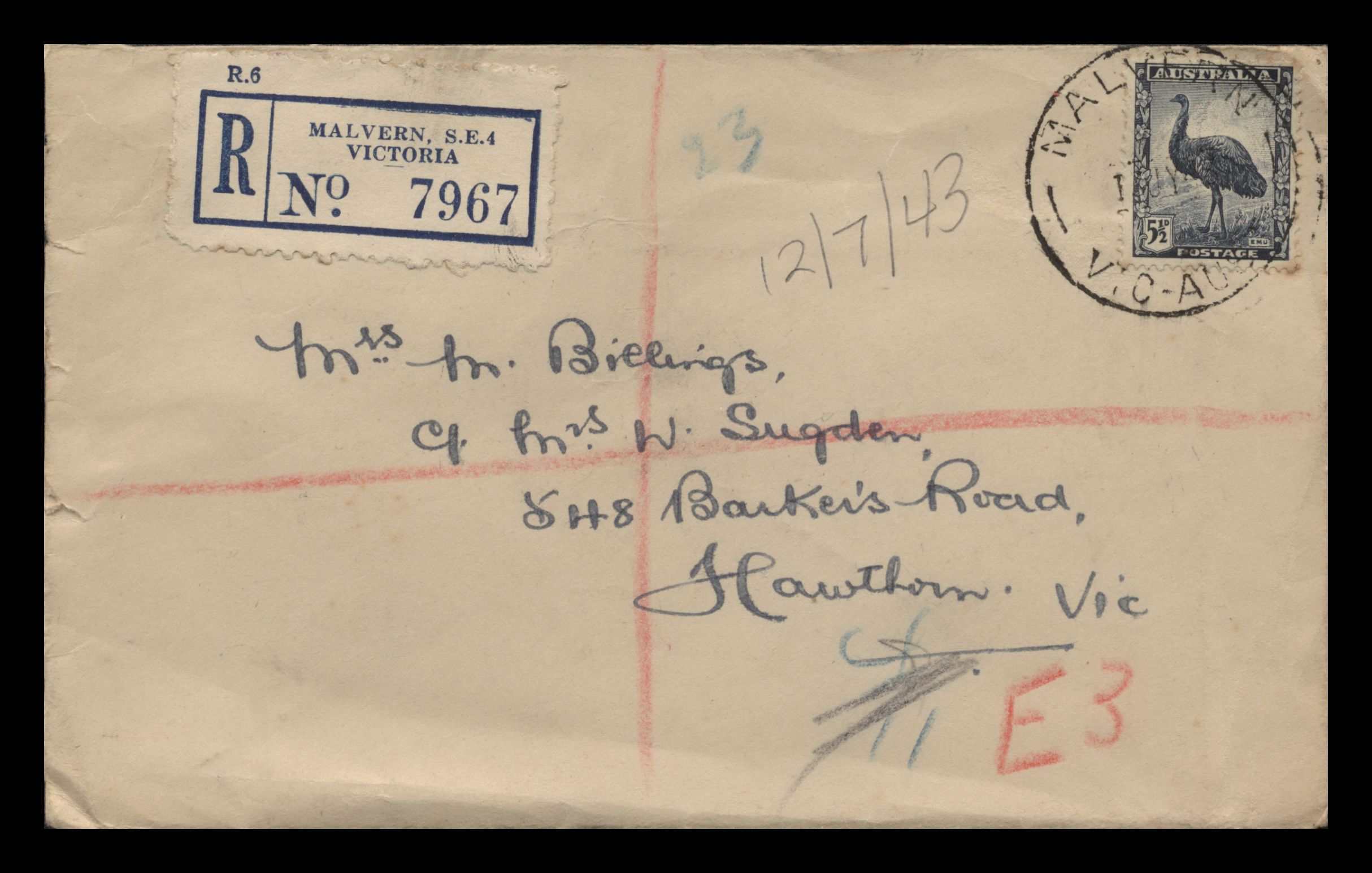
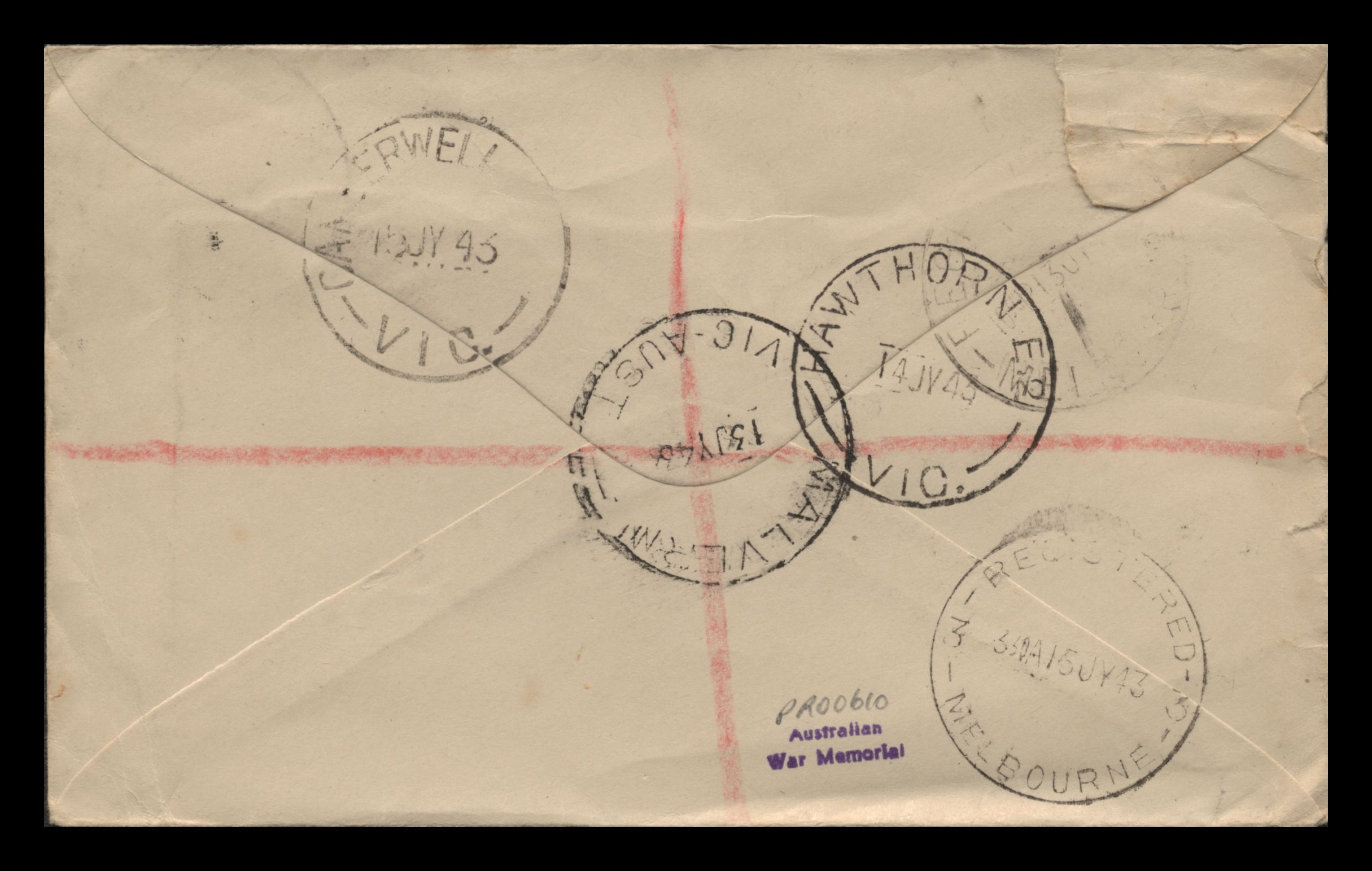
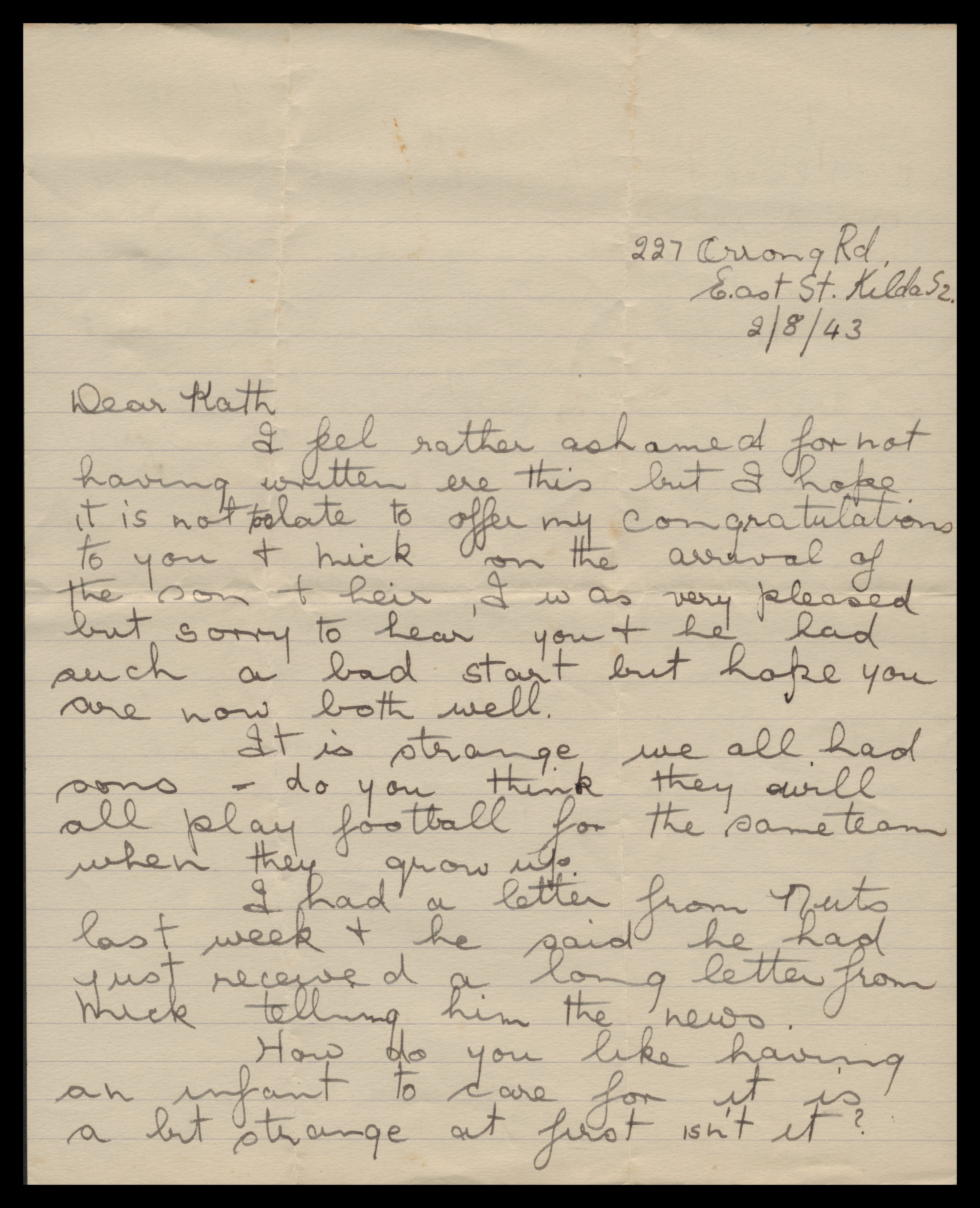
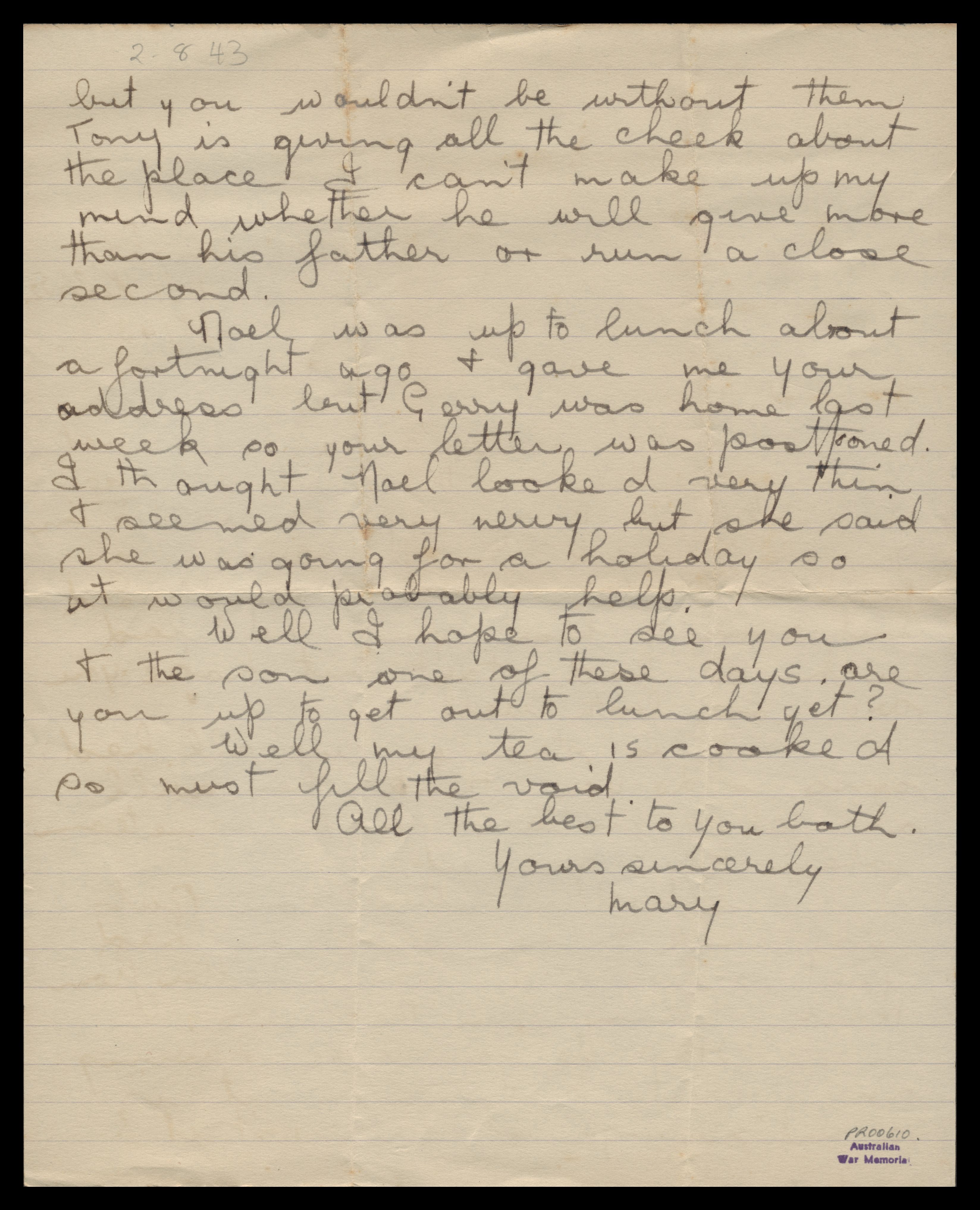
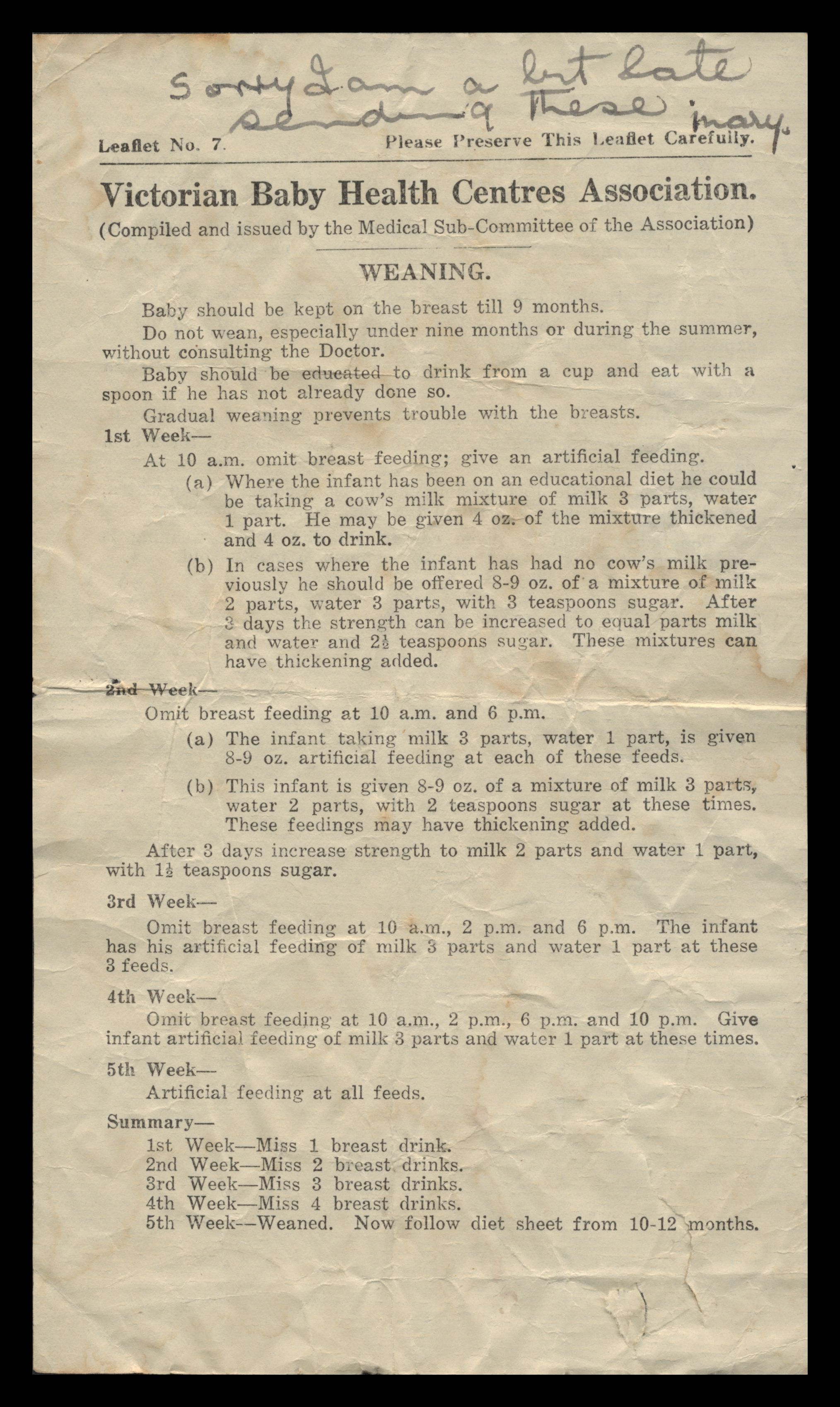
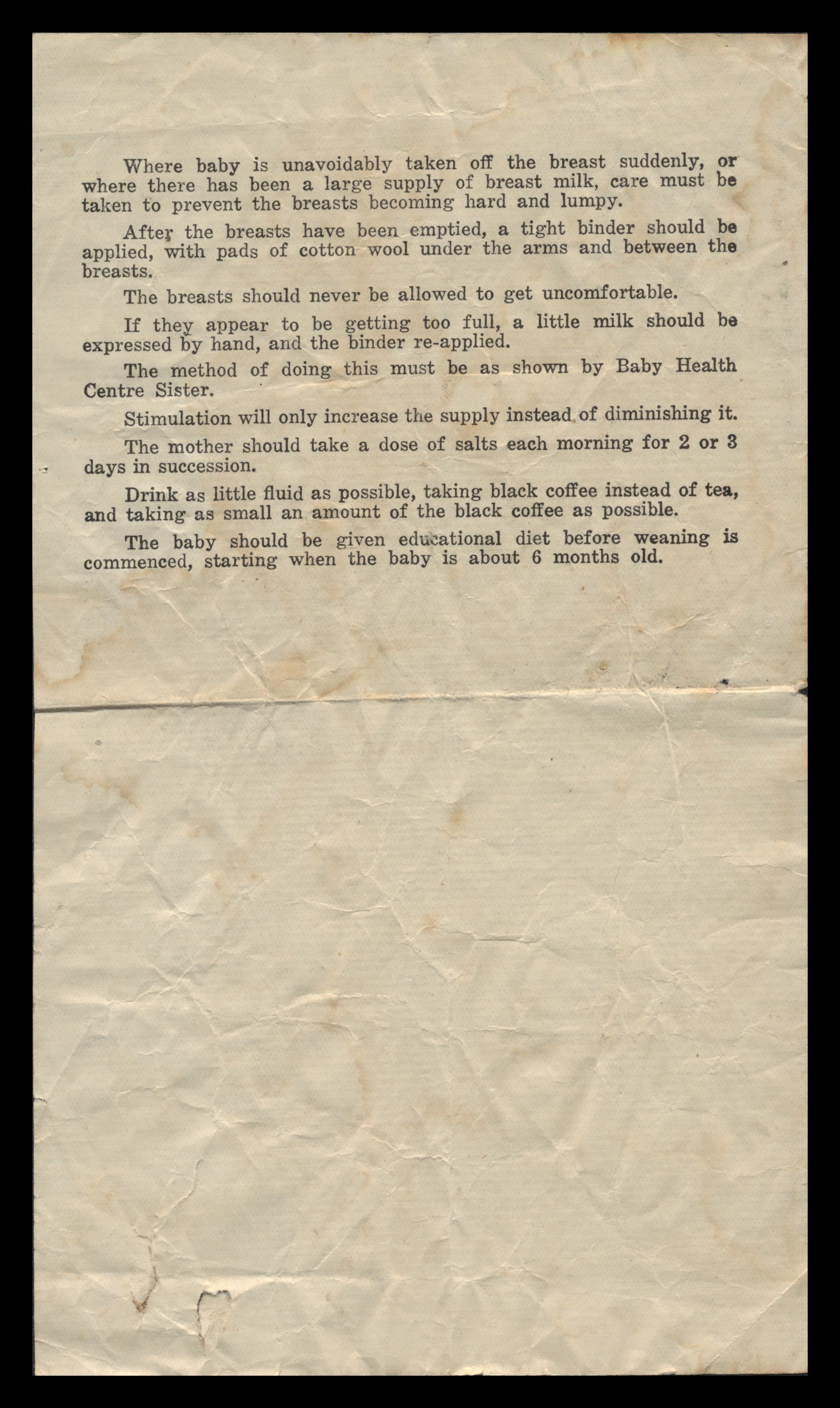
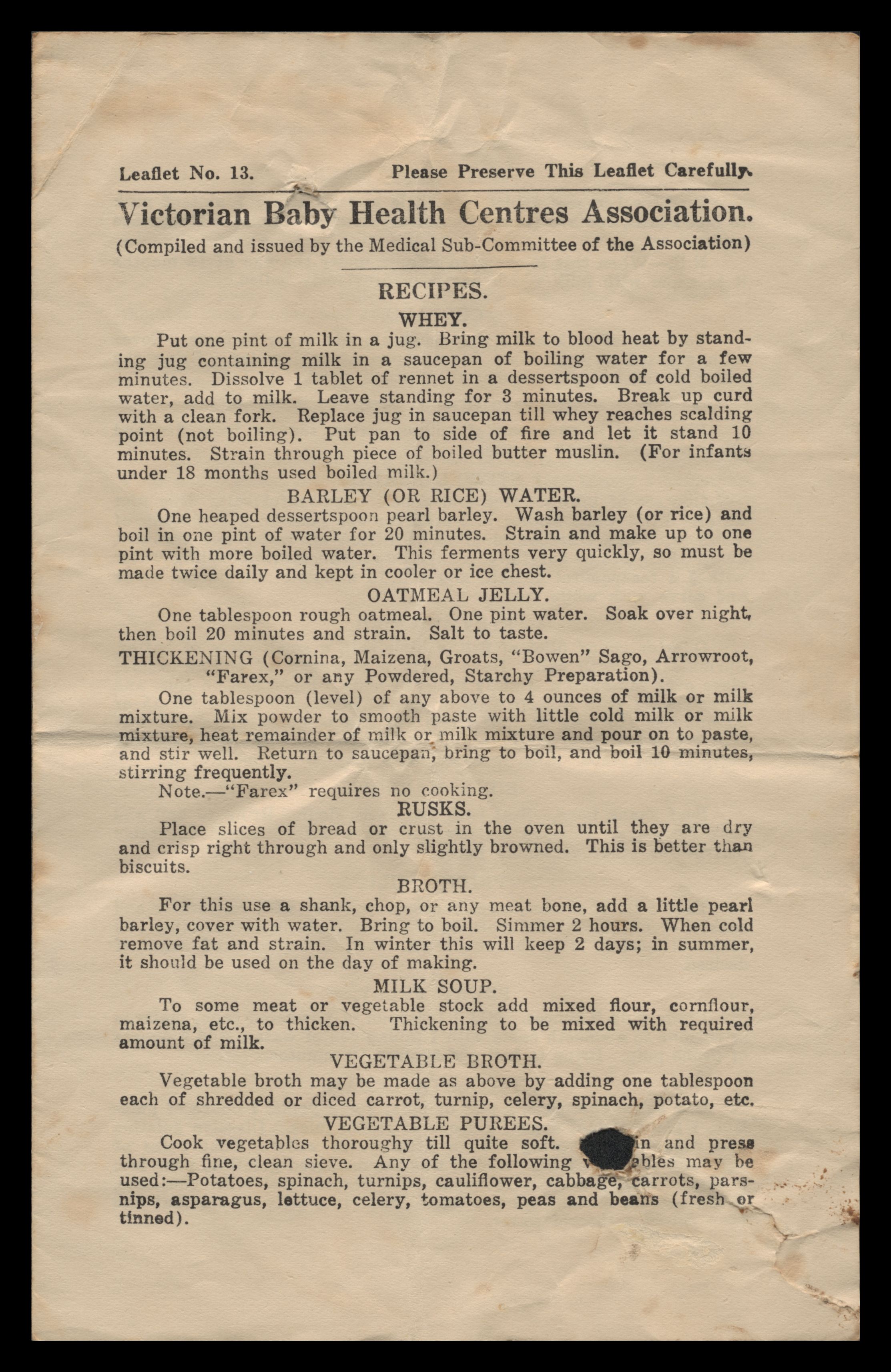
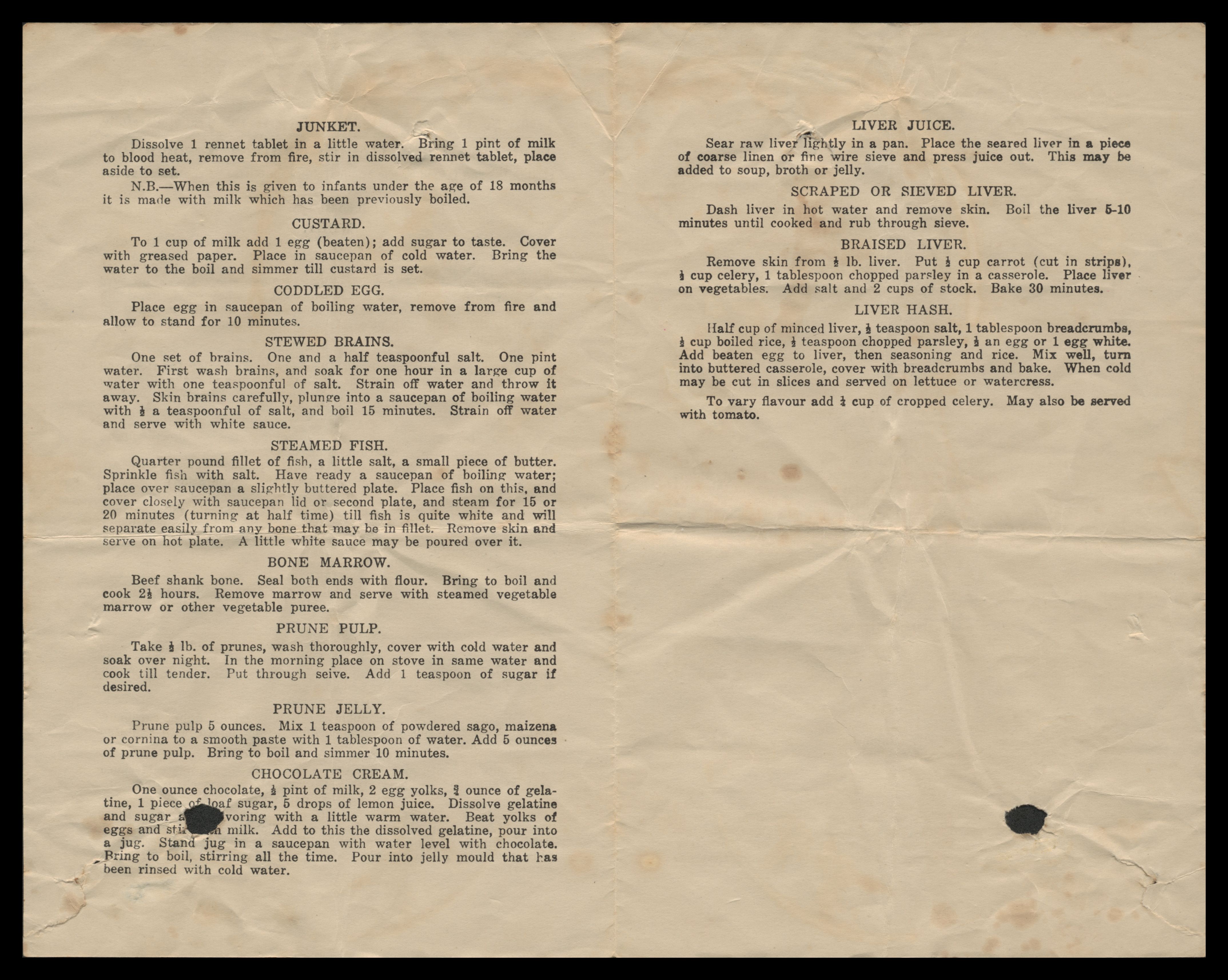
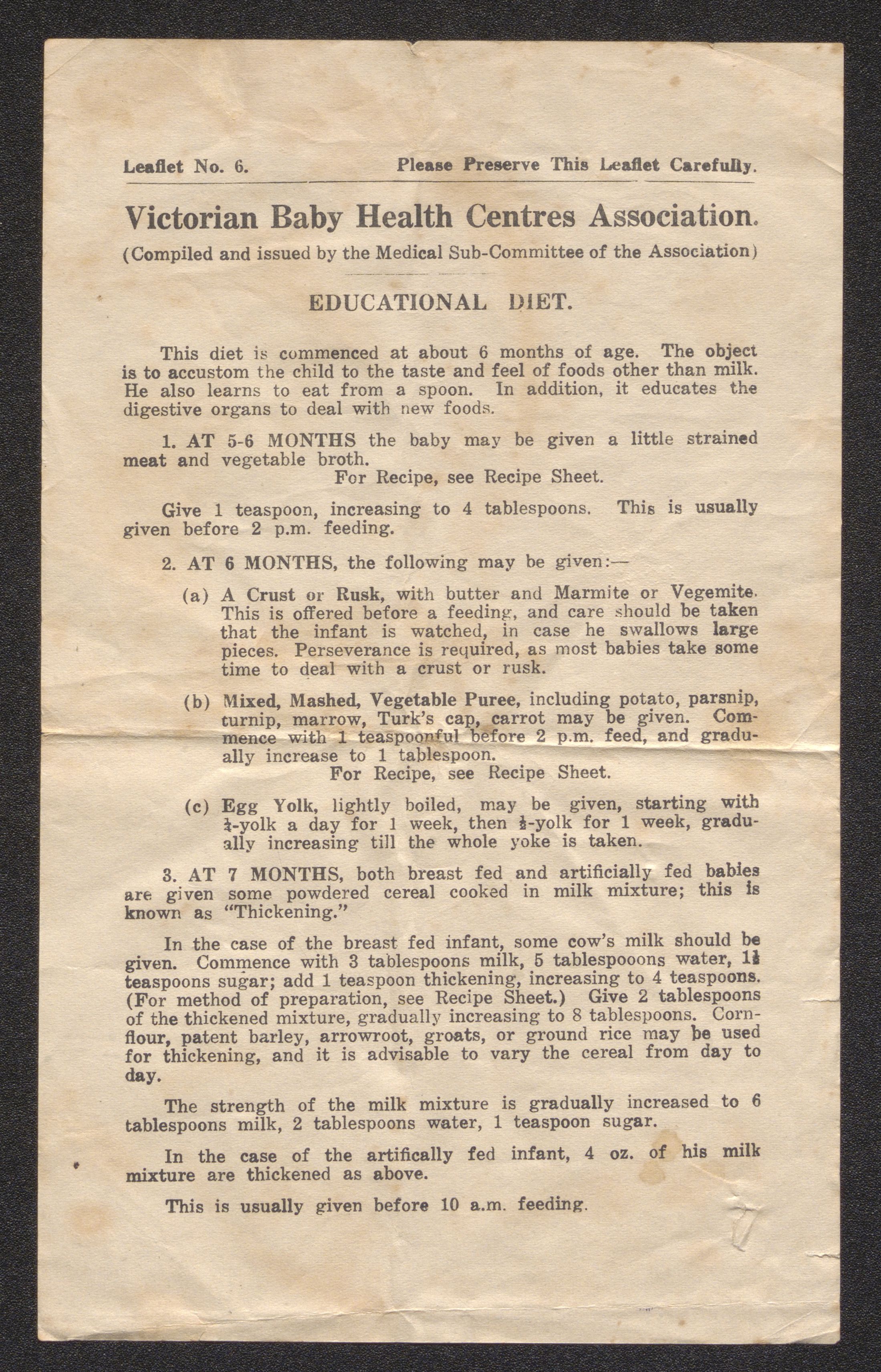
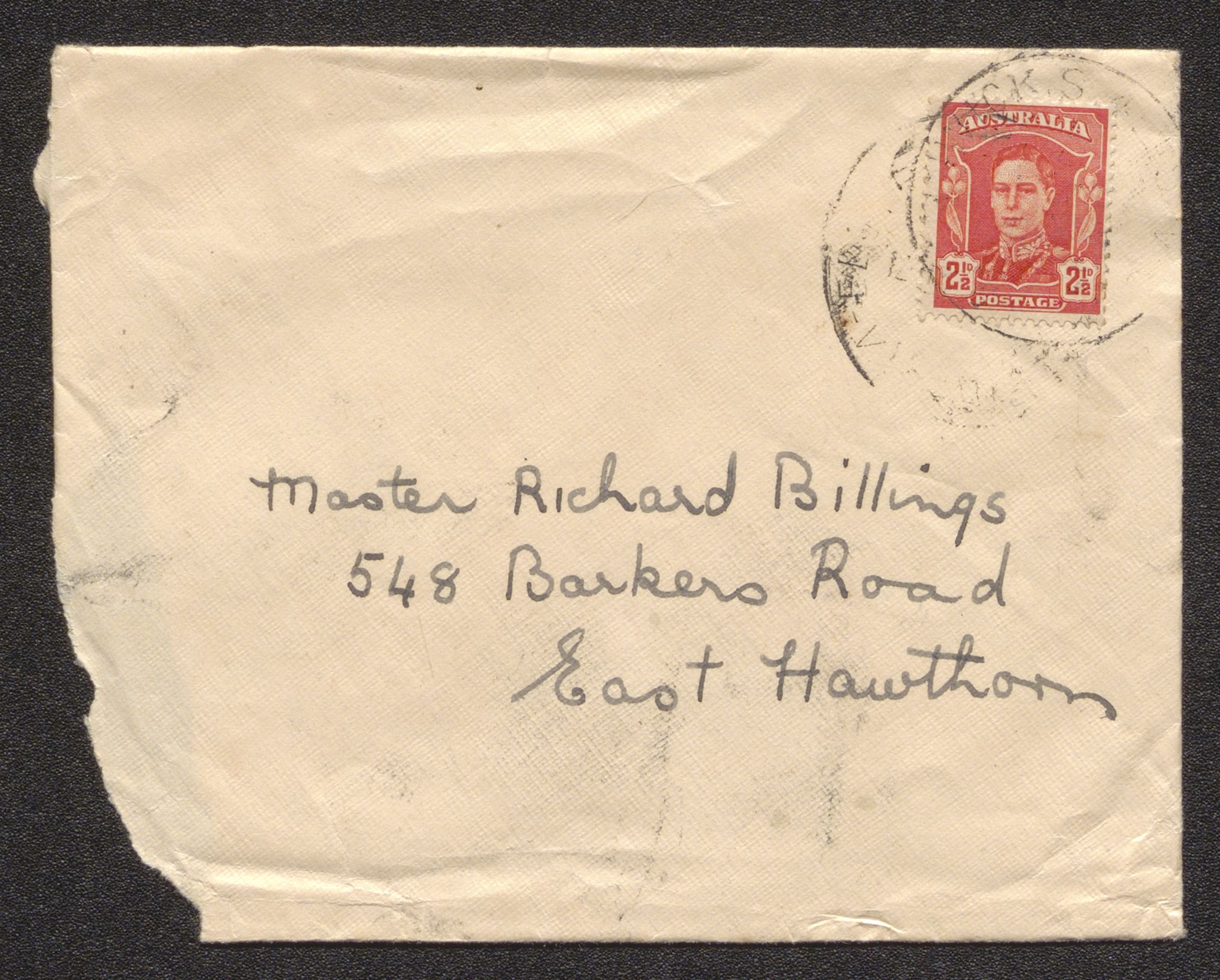
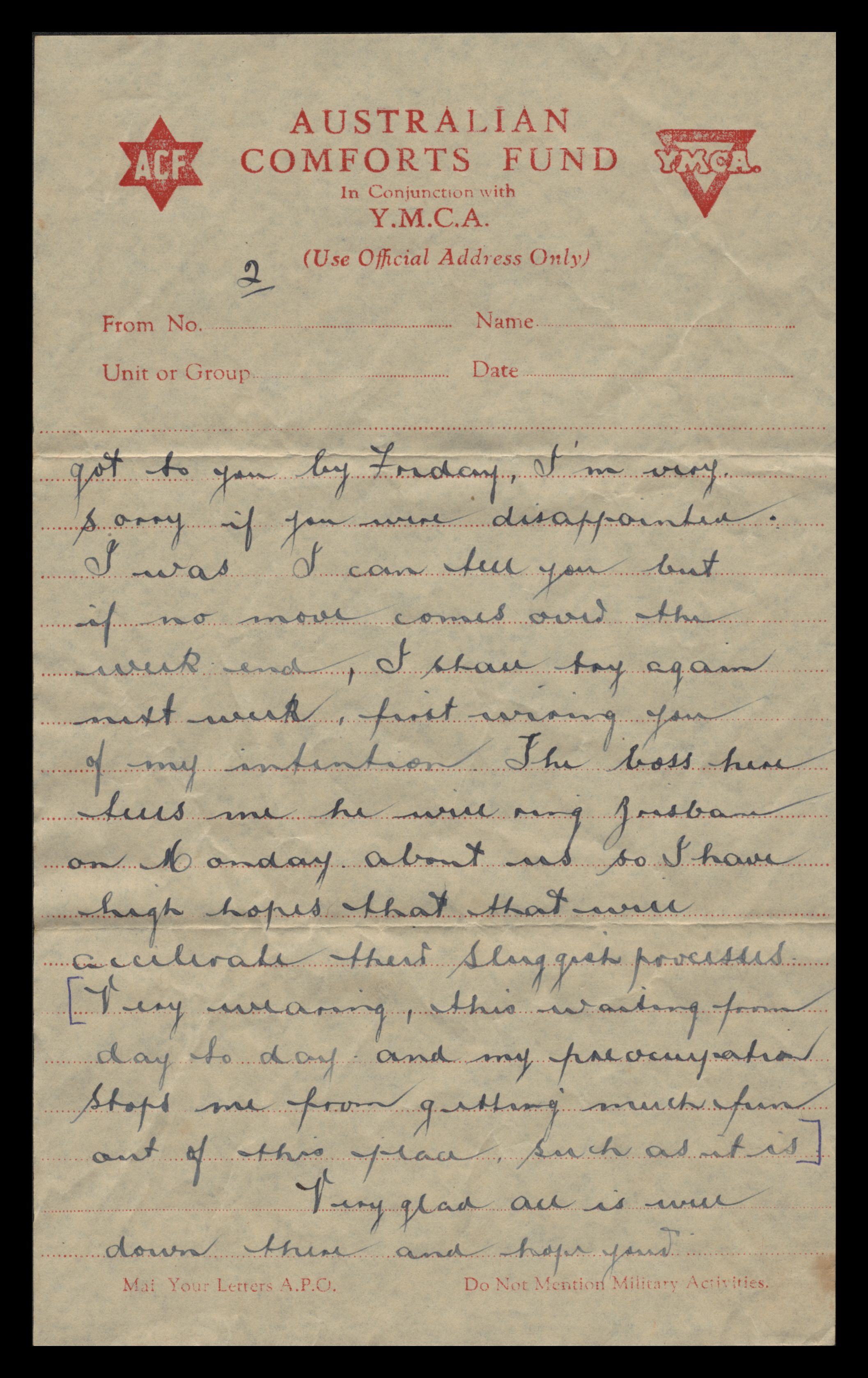
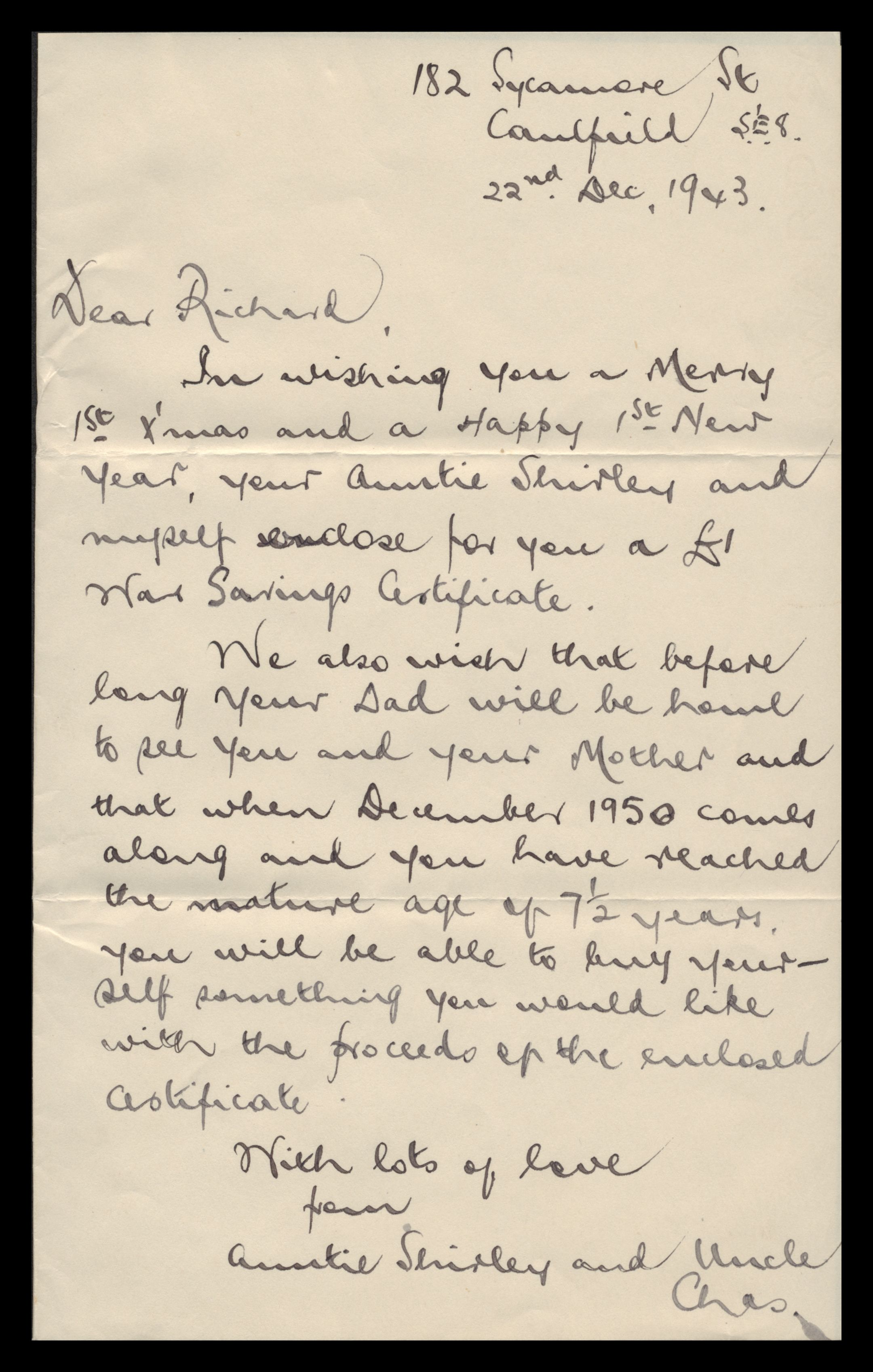
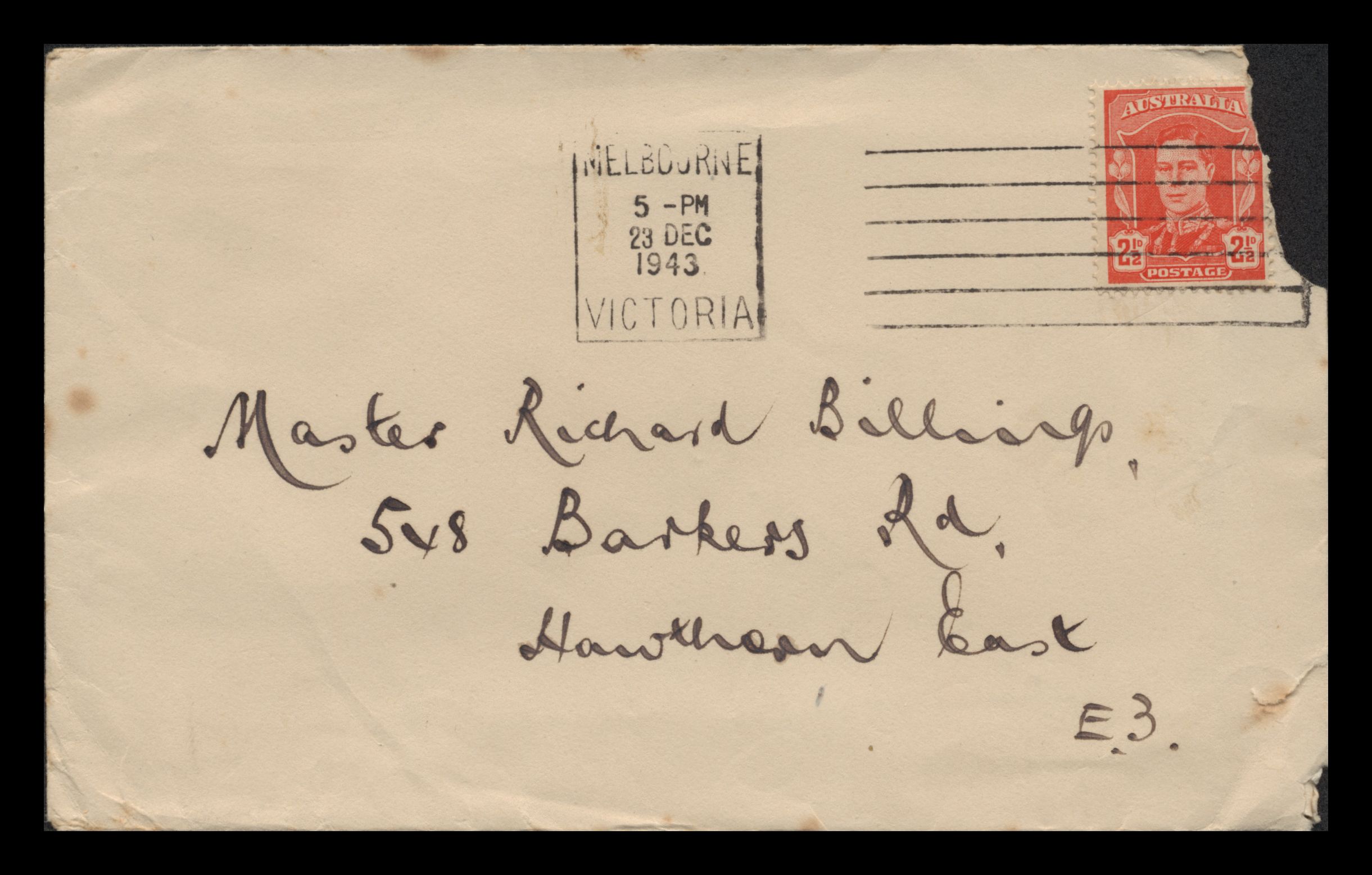
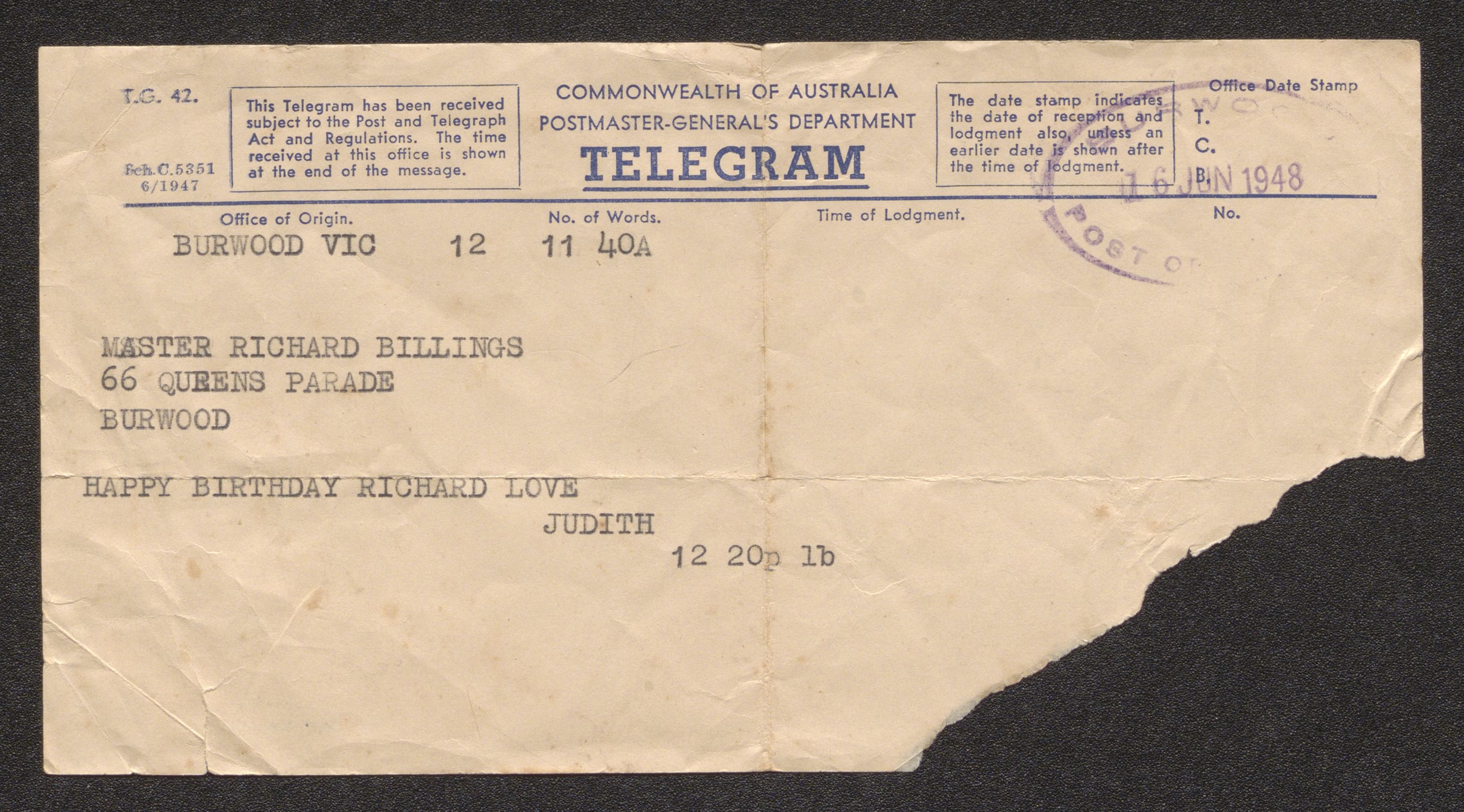
R.6
MALVERN, S.E.4
VICTORIA
No. 7967
12/7/43
Mrs M. Billings,
C/. Mrs. W. Sugden,
548 Barker's Road,
Hawthorn. Vic
11 E3
CAMBERWELL - VIC
MALVERN - VIC - AUST
HAWTHORN - VIC
REGISTERED MELBOURNE
227 Orrong Rd.
East St. Kilda S2
2/8/43
Dear Kath
I feel rather ashamed for not
having written ere this but I hope
it is not too late to offer my congratulations
to you & Mick on the arrival of
the son & heir, I was very pleased
but sorry to hear you & he had
such a bad start but hope you
are now both well.
It is strange we all had
sons - do you think they will
all play football for the same team
when they grow up.
I had a letter from Nuts
last week & he said he had
just received a long letter from
Mick telling him the news.
How do you like having
an infant to care for it is
a bit strange at first isn't it?
2.8.43
but you wouldn't be without them
Tony is giving all the cheek about
the place I can't make up my
mind whether he will give more
than his father or run a close
second.
Noel was up to lunch about
a fortnight ago & gave me your
address but Gerry was home last
week so your letter was postponed.
I thought Noel looked very thin
& seemed very nervy but she said
she was going for a holiday so
it would probably help.
Well I hope to see you
& the son one of these days. Are
you up to get out to lunch yet?
Well my tea is cooked
so must fill the void.
All the best to you both.
Yours sincerely
Mary
Sorry I am a bit late sending these. Mary.
Leaflet No. 7 Please Preserve This Leaflet Carefully.
Victorian Baby Health Centres Association.
(Compiled and issued by the Medical Sub-Committee of the Association)
WEANING.
Baby should be kept on the breast till 9 months.
Do not wean, especially under nine months or during the summer,
without consulting the Doctor.
Baby should be educated to drink from a cup and eat with a
spoon if he has not already done so.
Gradual weaning prevents trouble with the breasts.
1st Week—
At 10 a.m. omit breast feeding; give an artificial feeding.
(a) Where the infant has been on an educational diet he could
be taking a cow's milk mixture of milk 3 parts, water
1 part. He may be given 4 oz. of the mixture thickened
and 4 oz. to drink.
(b) In cases where the infant has had no cow's milk pre-
viously he should be offered 8-9 oz. of a mixture of milk
2 parts, water 3 parts, with 3 teaspoons sugar. After
3 days the strength can be increased to equal parts milk
and water and 2½ teaspoons sugar. These mixtures can
have thickening added.
2nd Week—
Omit breast feeding at 10 a.m. and 6 p.m.
(a) The infant taking milk 3 parts, water 1 part, is given
8-9 oz. artificial feeding at each of these feeds.
(b) This infant is given 8-9 oz. of a mixture of milk 3 parts,
water 2 parts, with 2 teaspoons sugar at these times.
These feedings may have thickening added.
After 3 days increase strength to milk 2 parts and water 1 part,
with 1½ teaspoons sugar.
3rd Week—
Omit breast feeding at 10 a.m., 2 p.m. and 6 p.m. The infant
has his artificial feeding of milk 3 parts and water 1 part at these
3 feeds.
4th Week—
Omit breast feeding at 10 a.m., 2 p.m., 6 p.m. and 10 p.m. Give
infant artificial feeding of milk 3 parts and water 1 part at these times.
5th Week—
Artificial feeding at all feeds.
Summary—
1st Week—Miss 1 breast drink.
2nd Week—Miss 2 breast drinks.
3rd Week—Miss 3 breast drinks.
4th Week—Miss 4 breast drinks.
5th Week—Weaned. Now follow diet sheet from 10-12 months.
Where baby is unavoidably taken off the breast suddenly, or
where there has been a large supply of breast milk, care must be
taken to prevent the breasts becoming hard and lumpy.
After the breasts have been emptied, a tight binder should be
applied, with pads of cotton wool under the arms and between the
breasts.
The breasts should never be allowed to get uncomfortable.
If they appear to be getting too full, a little milk should be
expressed by hand, and the binder re-applied.
The method of doing this must be as shown by Baby Health
Centre Sister.
Stimulation will only increase the supply instead of diminishing it.
The mother should take a dose of salts each morning for 2 or 3
days in succession.
Drink as little fluid as possible, taking black coffee instead of tea,
taking as small an amount of the black coffee as possible.
The baby should be given educational diet before weaning is
commenced, starting when the baby is about 6 months old.
Leaflet No. 13 Please Preserve This Leaflet Carefully.
Victorian Baby Health Centres Association.
(Compiled and issued by the Medical Sub-Committee of the Association)
RECIPES.
WHEY.
Put one pint of milk in a jug. Bring milk to blood heat by stand-
ing jug containing milk in a saucepan of boiling water for a few
minutes. Dissolve 1 tablet of rennet in a dessertspoon of cold boiled
water, add to milk. Leave standing for 3 minutes. Break up curd
with a clean fork. Replace jug in saucepan till whey reaches scalding
point (not boiling). Put pan to side of fire and let it stand 10
minutes. Strain through piece of boiled butter muslin. (For infants
under 18 months used boiled milk.)
BARLEY (OR RICE) WATER.
One heaped dessertspoon pearl barley. Wash barley (or rice) and
boil in one pint of water for 20 minutes. Strain and make up to one
pint with more boiled water. This ferments very quickly, so must be
made twice daily and kept in cooler or ice chest.
OATMEAL JELLY.
One tablespoon rough oatmeal. One pint water. Soak over night,
then boil 20 minutes and strain. Salt to taste.
THICKENING (Cornina, Maizena, Groats, "Bowen", Sago, Arrowroot,
"Farex", or any Powdered, Starchy Preparation)
One tablespoon (level) of any above to 4 ounces of milk or milk
mixture. Mix powder to smooth paste with little cold milk or milk
mixture, heat remainder of milk or milk mixture and pour on to paste,
and stir well. Return to saucepan, bring to boil, and boil 10 minutes,
stirring frequently.
Note.—"Farex" requires no cooking.
RUSKS.
Place slices of bread or crust in the oven until they are dry
and crisp right through and only slightly browned. This is better than
biscuits.
BROTH.
For this use a shank, chop, or any meat bone, add a little pearl
barley, cover with water. Bring to boil. Simmer 2 hours. When cold
remove fat and strain. In winter this will keep 2 days; in summer,
it should be used on the day of making.
MILK SOUP.
To some meat or vegetable stock add mixed flour, cornflour,
maizena, etc., to thicken. Thickening to be mixed with required
amount of milk.
VEGETABLE BROTH.
Vegetable broth may be made as above by adding one tablespoon
each of shredded or diced carrot, turnip, celery, spinach, potato, etc.
VEGETABLE PUREES.
Cook vegetables thoroughly till quite soft. Strain and press
through fine, clean sieve. Any of the following vegetables may be
used:—Potatoes, spinach, turnips, cauliflower, cabbage, carrots, pars-
nips, asparagus, lettuce, celery, tomatoes, peas and beans (fresh or
tinned).
JUNKET.
Dissolve 1 rennet tablet in a little water. Bring 1 pint of milk
to blood heat, remove from fire, stir in dissolved rennet tablet, place
aside to set.
N.B.—When this is given to infants under the age of 18 months
it is made with milk which has been previously boiled.
CUSTARD.
To 1 cup of milk add 1 egg (beaten); add sugar to taste. Cover
with greased paper. Place in saucepan of cold water. Bring the
water to the boil and simmer till custard is set.
CODDLED EGG.
Place egg in saucepan of boiling water, remove from fire and
allow to stand for 10 minutes.
STEWED BRAINS.
One set of brains. One and a half teaspoonful salt. One pint
water. First wash brains, and soak for one hour in a large cup of
water with one teaspoonful of salt. Strain off water and throw it
away. Skin brains carefully, plunge into a saucepan of boiling water
with ½ a teaspoonful of salt, and boil 15 minutes. Strain off water
and serve with white sauce.
STEAMED FISH.
Quarter pound fillet of fish, a little salt, a small piece of butter.
Sprinkle fish with salt. Have ready a saucepan of boiling water;
place over saucepan a slightly buttered plate. Place fish on this, and
cover closely with saucepan lid or second plate, and steam for 15 or
20 minutes (turning at half time) till fish is quite white and will
separate easily from any bone that may be in fillet. Remove skin and
serve on hot plate. A little white sauce may be poured over it.
BONE MARROW.
Beef shank bone. Seal both ends with four. Bring to boil and
cook 2½ hours. Remove marrow and serve with steamed vegetable
marrow or other vegetable puree.
PRUNE PULP.
Take 1/4lb. of prunes, wash thoroughly, cover with cold water and
soak over night. In the morning place on stove in same water and
cook till tender. Put through sieve. Add 1 teaspoon of sugar if
desired.
PRUNE JELLY.
Prune pulp 5 ounces. Mix 1 teaspoon of powdered sago, maizena
or cornina to a smooth paste with 1 tablespoon of water. Add 5 ounces
of prune pulp. Bring to boil and simmer 10 minutes.
CHOCOLATE CREAM.
One ounce chocolate, 1/2 pint of milk, 2 egg yolks, 3/4 ounce of gela-
tine, 1 piece of leaf sugar, 5 drops of lemon juice. Dissolve gelatine
and sugar covering with a little warm water. Beat yolks of
eggs and stir in milk. Add to this the dissolved gelatine, pour into
a jug. Stand jug in a saucepan with water level with chocolate.
Bring to boil, stirring all the time. Pour into jelly mould that has
been rinsed with cold water.
LIVER JUICE.
Sear raw liver lightly in a pan. Place the seared liver in a piece
of coarse linen or fine wire sieve and press juice out. This may be
added to soup, broth or jelly.
SCRAPED OR SIEVED LIVER.
Dash liver in hot water and remove skin. Boil the liver 5-10
minutes until cooked and rub through sieve.
BRAISED LIVER.
Remove skin from ½ 1b. liver. Put ½ cup carrot (cut in strips),
1 cup celery, 1 tablespoon chopped parsley in a casserole. Place liver
on vegetables. Add salt and 2 cups of stock. Bake 30 minutes.
LIVER HASH.
Half cup of minced liver, ½ teaspoon salt, 1 tablespoon breadcrumbs,
I cup boiled rice, 1 teaspoon chopped parsley, 1/2 an egg or 1 egg white.
Add beaten egg to liver, then seasoning and rice. Mix well, turn
into buttered casserole, cover with breadcrumbs and bake. When cold
may be cut in slices and served on lettuce or watercress.
To vary flavour add 1/2 cup of cropped celery. May also be served
with tomato.
Leaflet No. 6 Please Preserve This Leaflet Carefully.
Victorian Baby Health Centres Association.
(Compiled and issued by the Medical Sub-Committee of the Association)
EDUCATIONAL DIET.
This diet is commenced at about 6 months of age. The object
is to accustom the child to the taste and feel of foods other than milk.
He also learns to eat from a spoon. In addition, it educates the
digestive organs to deal with new foods.
1. AT 5-6 MONTHS the baby may be given a little strained
meat and vegetable broth.
For Recipe, see Recipe Sheet.
Give 1 teaspoon, increasing to 4 tablespoons. This is usually
given before 2 p.m. feeding.
2. AT 6 MONTHS, the following may be given:
(a) A Crust or Rusk, with butter and Marmite or Vegemite.
This is offered before a feeding, and care should be taken
that the infant is watched, in case he swallows large
pieces. Perseverance is required, as most babies take some
time to deal with a crust or rusk.
(6) Mixed, Mashed, Vegetable Puree, including potato, parsnip,
turnip, marrow, Turk's cap, carrot may be given. Com-
mence with 1 teaspoonful before 2 p.m. feed, and gradu-
ally increase to 1 tablespoon.
For Recipe, see Recipe Sheet.
(c) Egg Yolk, lightly boiled, may be given, starting with
1/4 yolk a day for 1 week, then ½-yolk for 1 week, gradu
ally increasing till the whole yoke is taken.
3. AT 7 MONTHS, both breast fed and artificially fed babies
are given some powdered cereal cooked in milk mixture; this is
known as "Thickening".
In the case of the breast fed infant, some cow's milk should be
given. Commence with 3 tablespoons milk, 5 tablespoons water, 11/2
teaspoons sugar; add 1 teaspoon thickening, increasing to 4 teaspoons.
(For method of preparation, see Recipe Sheet.) Give 2 tablespoons
of the thickened mixture, gradually increasing to 8 tablespoons. Corn-
flour, patent barley, arrowroot, groats, or ground rice may be used
for thickening, and it is advisable to vary the cereal from day to
day.
The strength of the milk mixture is gradually increased to 6
tablespoons milk, 2 tablespoons water, 1 teaspoon sugar.
In the case of the artificially fed infant, 4 oz. of his milk
mixture are thickened as above.
This is usually given before 10 a.m. feeding.
Master Richard Billings
548 Barkers Road
East Hawthorn
AUSTRALIAN
COMFORTS FUND
in Conjunction with
Y.M.C.A.
(Use Official Address Only)
2/
From No.......................Name..........
Unit or Group............ Date...........
got to you by Friday, I'm very
sorry if you were disappointed.
I was I can tell you but
if no move comes over the
week end I shall try again
next week, first wiring you
of my intention. The boss here
tells me he will ring Brisbane
on Monday about us so I have
high hopes that that will
accelerate their sluggish processes.
[Very wearing, this waiting from
day to day and my preoccupation
stops me from getting much fun
out of this place such as it is]
Very glad all is well
down there and hope yours.
Mail Your Letters A.P.O. Do Not Mention Military Activities
182 Sycamore St
Caulfield S.E.8.
22. Dec, 1943
Dear Richard,
I'm wishing you a Merry
1st X'mas and a Happy 1st New
Year, your Auntie Shirley and
myself enclose for you a £1
War Savings Certificate.
We also wish that before
long your Dad will be home
to see you and your Mother and
that when December 1950 comes
along and you have reached
the mature age of 7½ years
you will be able to buy your
self something you would like
with the proceeds of the enclosed
Certificate.
With lots of love
from
Auntie Shirley and Uncle
Chas.
MELBOURNE
5 -PM
23 DEC
1943
VICTORIA
Master Richard Billings,
548 Barkers Rd,
Hawthorn East
E.3.
T.G. 42.
Fch C.5351
6/1947
This Telegram has been received
subject to the Post and Telegraph
Act and Regulations. The time
received at this office is shown
at the end of the message.
COMMONWEALTH OF AUSTRALIA
POSTMASTER-GENERAL'S DEPARTMENT
TELEGRAM
The date stamp indicates
the date of reception and
lodgment also, unless an
earlier date is shown after
the time of lodgment.
Office Date Stamp
T.
C.
B.
16 JUN 1948
Office of Origin.
BURWOOD VIC
No. of Words.
12 11 40A
Time of Lodgment.
No.
MASTER RICHARD BILLINGS
66 QUEENS PARADE
BURWOOD
HAPPY BIRTHDAY RICHARD LOVE
JUDITH
12 20p 1b
 Jacqueline Kennedy
Jacqueline KennedyThis transcription item is now locked to you for editing. To release the lock either Save your changes or Cancel.
This lock will be automatically released after 60 minutes of inactivity.